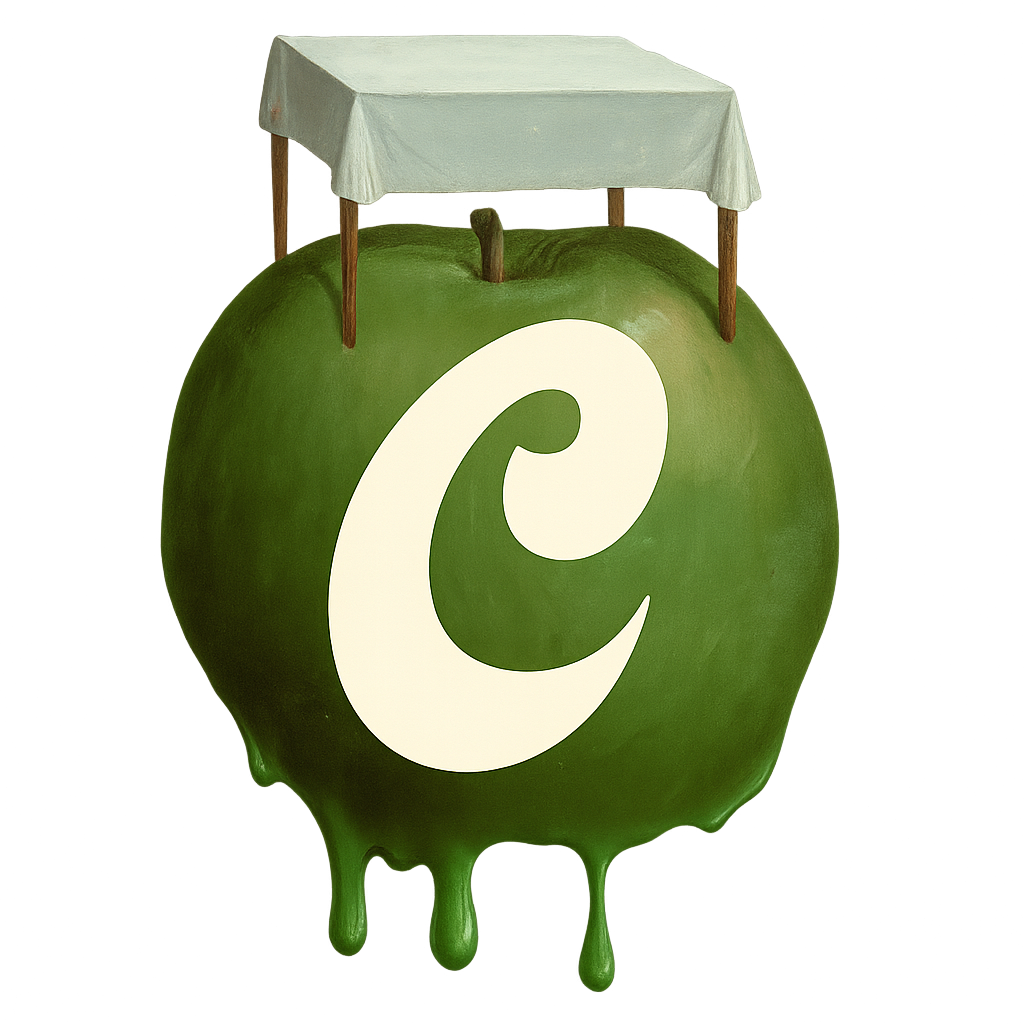
In an era of rambling mindfulness apps and endless self-help podcasts, astrology, that ancient art once relegated to the recesses of popular culture, has yet again emerged as sophisticated tool for the modern seeker. While some (losers, nitwits, young souls and charlatans) might scoff at the notion of the cosmos as a guide to self-awareness, others are finding, in the intricate web of planetary alignments and natal charts, a reflective surface more revelatory than the therapist’s chair. To dismiss astrology as merely whimsical, however, is to overlook its subtle powers of introspection and personal growth.
Much of astrology’s appeal lies in its capacity to illuminate the map within us. The natal chart—a snapshot of the sky’s choreography at the moment of birth—is a rich tapestry of symbolism and potential. Planets are no mere celestial ornaments; they are archetypes, mirrors of our nature. Consider the Sun, that great cosmic ego, burning at the core of your chart, representing your essence. The Moon, by contrast, charts the geography of your emotional terrain and how it expresses itself here, its phases waxing and waning like our tides of feeling and intuition. To explore this chart is to embark on an odyssey into your own depths.
Astrology, unlike traditional therapy (and not really a substitute for it) sidesteps the slow excavation of the Freudian unconscious and dives straight into the currents of self-perception.
A good starting point is your rising sign, or ascendant—a glimpse into the how you project to the world versus the unvarnished self within. This duality can provoke profound insights: the Cancer ascendant who masks their vulnerability under a veneer of worldly competence, or the Capricorn Sun blessed by a Saturn-influenced restraint, longing to roar yet perhaps held back by an internalized critic. These paradoxes—unearthed less by probing questions than by the language of the cosmos—demand reflection and reconciliation, not apology.
In this, astrology provides what therapy often seeks: the ability to name and dissect patterns. Recurring conflicts are not burdens imposed by the fates but opportunities to rewrite the script. A challenging Mars-Pluto aspect, for example, may signify impulsive tendencies that repeatedly erupt in conflict. Yet the closer you examine this signature, the more it becomes a roadmap for transformation, directing you toward healthier assertions of willpower. Venus in retrograde unpacks the labyrinth of love, its transits urging you to review and amend unexamined relationship dynamics. This level of self-reckoning need not come at the expense of a clinical fee.
The discipline’s utility in repeating cycles lends itself particularly well to those moments of life when introspection turns inevitable. Transits—current planetary movements in relation to your birth chart—are astrology’s own theory of timing. Saturn returns, that harbinger of karmic reckoning around the ages of 28-30, is infamous for uprooting love lives, careers, and long-held delusions. To confront one’s Saturn return fully armed with astrological awareness is not merely to endure these cataclysms, but to endure them with purpose. Such insight is often mistaken for destiny when it is, in truth, an invitation to self-mastery.
Yet astrology is no prescription pad for quick fixes. Like the best forms of self-exploration, it requires effort, curiosity, and honesty. Consider journaling during pivotal cosmic moments, such as eclipses or retrogrades. Document your emotional and behavioral oscillations as planetary energies shift—what you note may astonish you. Mercury retrograde, often maligned as the scapegoat of failed emails and missed trains, is a rare opportunity for reflection and recalibration. Overlay this perspective onto your own rhythms—do you resist slowing down, or are you quick to blame external disruptions for inner disquiet? The celestial framework, when engaged with humility, becomes the scaffolding for self-awareness.
Of course, skeptics might argue: Isn’t this smuggling therapy in through the back door, cloaked in starry semantics? Yet astrology’s brilliance lies in its implicit challenge to transcendental thinking. The planetary players in our charts—Mercury, Jupiter, Neptune—are not interested in our complacency. They are neither punitive gods nor benevolent guardians, but symbols of energies we must channel responsibly. As Donna Cunningham eloquently noted, planets do not dictate our happiness or misery; they merely point to the ways we’ve engineered both. It is this acutely personal accountability that makes astrology a tool, not a crutch.
For those for whom therapy may be inaccessible, elusive, or simply unappealing, astrology offers a distinctly liberating alternative. It democratizes introspection by making the tools accessible to anyone with curiosity and an accurate birth time. But it is not a panacea. The danger lies in treating astrology as mere entertainment or worse, as dogma. After all, the aim is to understand oneself as dynamic rather than fixed. Each planetary aspect can be approached like a well-worn puzzle, teasing out not rigid conclusions but evolutions in thought.
In the end, using astrology for self-awareness is like learning a language—not one of words, but of symbols and their echoes in your life. It demands attentiveness and a willingness to wrestle with the dissonance between who you are, who you project, and who you yearn to become. Therapy does not hold a monopoly on this process of integration. Among the whispered guidance of stars, there is also wisdom, calling us—quietly, persistently—to listen.


